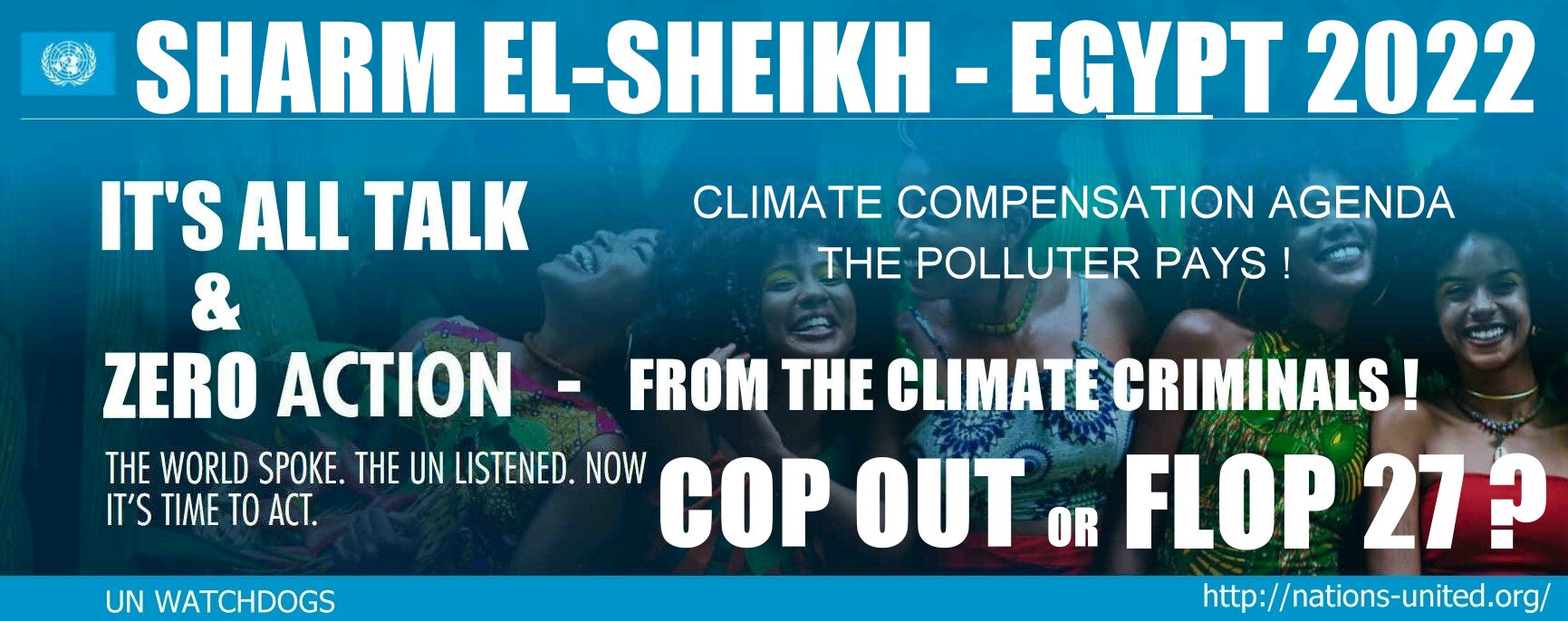|
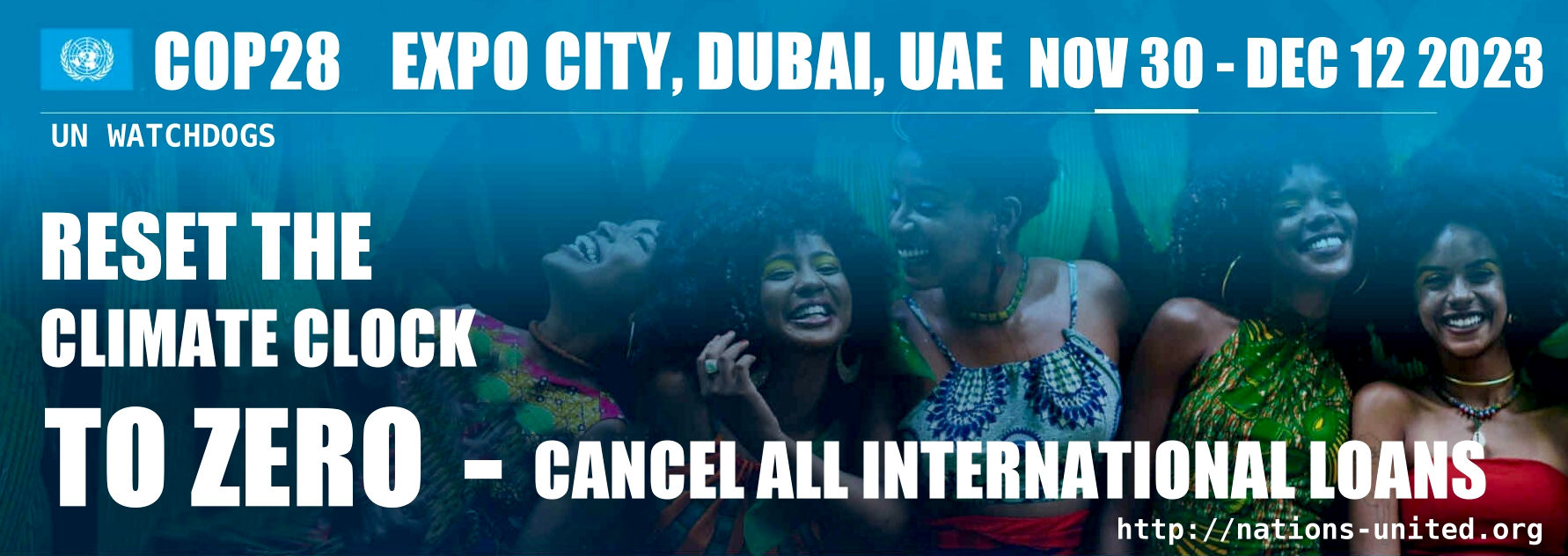
The COP28 Presidency and the Kingdom of Saudi Arabia announced at COP28 that 50 oil and gas companies have joined the Oil and Gas Decarbonisation Charter (OGDC), a high-impact global industry charter to implement and accelerate climate actions in support of the
Paris Agreement ambitions.
Notable
for its absence in all the reported dialogue, was the almost total ban
on the words 'Hydrogen'
and 'Methanol'
in all these discussion. All talk coming back to oil and natural gas.
Presumably because of the location and of course the exports from the
UAE, which, could produce electricity
in large amounts from the sandy wastes all around them, and thus produce
clean electricity
and green hydrogen using electrolyzers.
Since
sustainability and conservation should have been high on the agenda,
then looking to save the oil for a rainy day, and generate an
alternative income, may have been more positive, than simply reaching an
agreement between 50 companies as to decarbonization, which could mean
making petroleum
production more efficient. As in reducing the carbon
footprint of the petrochemical industry, rather than transitioning
to renewable energy. It all sounds marvelous, but what are they actually
saying?
And
that it why it is important to set hard targets, identifying exactly
what is meant by the terms being bandies about, that sound good. But in
reality, might be Boris
Johnson style slight of phrase. Forgive us for putting a spanner in
the works, and/or casting a shadow. But, we've all heard the flowery rhetoric
of years gone by, and seen very little progress. Which is why the ocean
levels are rising, the ice
caps melting, acidification
is on the increase, and desertification
proceeding apace.
That
is the stark reality.
We
are literally terraforming the entire planet into an inhospitable no go
area for carbon based life forms. Ouch!
It's
Planet
of the Apes stuff, or Alien.
Great fictional stories, but it is happening for real. The anthropocene
epoch is in full swing.
This
is the opposite of how life on earth became possible, and developed over
millions of years, with a major hiccup that wiped out the dinosaurs.
but nevertheless recovered, until homo
sapiens came along to figure out how to reverse exploit everything.
Potentially, taking us back to our primordial origins.
LARGEST SUPPORT FROM NATIONAL OIL COMPANIES (NOCs)
Fifty companies, representing more than 40 percent of global oil production, have so far signed the OGDC, with National Oil Companies (NOCs) representing more than 60 percent of signatories – including companies such as ADNOC, Saudi Aramco, OMV, Equinor, Petronas, INPEX, and ONGC. This is the largest-ever number of NOCs to commit to a decarbonisation initiative, COP28 said in a statement. Prominent International Oil Companies that are signatories to the OGDC include Eni, ExxonMobil, Oxy, Shell and TotalEnergies.
“The launch of the OGDC is a great first step – and whilst many national oil companies have adopted net zero 2050 targets for the first time, I know that they and others, can and need to do more,” Dr. Sultan Al Jaber, COP28 President,
is quoted as saying, following the launch of the charter. “We need the entire industry to keep 1.5C within reach and set even stronger ambitions for
decarbonisation.”
His Excellency Osama Mobarez, Secretary General of the East Mediterranean Gas
Forum, is quoted as saying that "the charter was a critical milestone in accelerating the industry's decarbonsation roadmap during what he called one of the most inclusive COP summits."
OIL & GAS CLIMATE INITIATIVE (OGCI) WELCOMES NEWS
Welcoming the launch of OGDC, the Oil and Gas Climate Initiative (OGCI) – an initiative led by the CEOs of 12 of the world’s leading oil and gas companies – called it an important milestone that’ll help align the broader oil and gas industry towards a net-zero future.
Bjørn Otto Sverdrup, OGCI Executive Committee Chair, said in a statement: “The OGDC is an important milestone that enables more oil and gas companies, state-owned and private, to work together to achieve the ambitions of the Paris Agreement. OGCI is ready to share the knowledge, experience and best practise that we’ve gained by working on emissions reductions over the past decade.”
SETTING BEST PRACTICE BENCHMARKS
Among several best practices, the companies signing up for the charter have pledged to invest in the energy system of the future – including renewables, low-carbon fuels and negative emissions technologies. The signatories have also agreed to increasing transparency, including enhancing measurement, monitoring, reporting and independent verification of greenhouse gas emissions and their performance and progress in reducing emissions.
Beyond decarbonisation, the charter signatories will also work to increase industry actions, including engaging with customers, investing in the energy system of the future, and increasing transparency in measurement, reporting and independent verification.
The charter calls for implementing current best practices by 2030 to collectively reduce emission intensity, and reducing energy poverty and providing secure and
affordable energy to support the development of all economies.
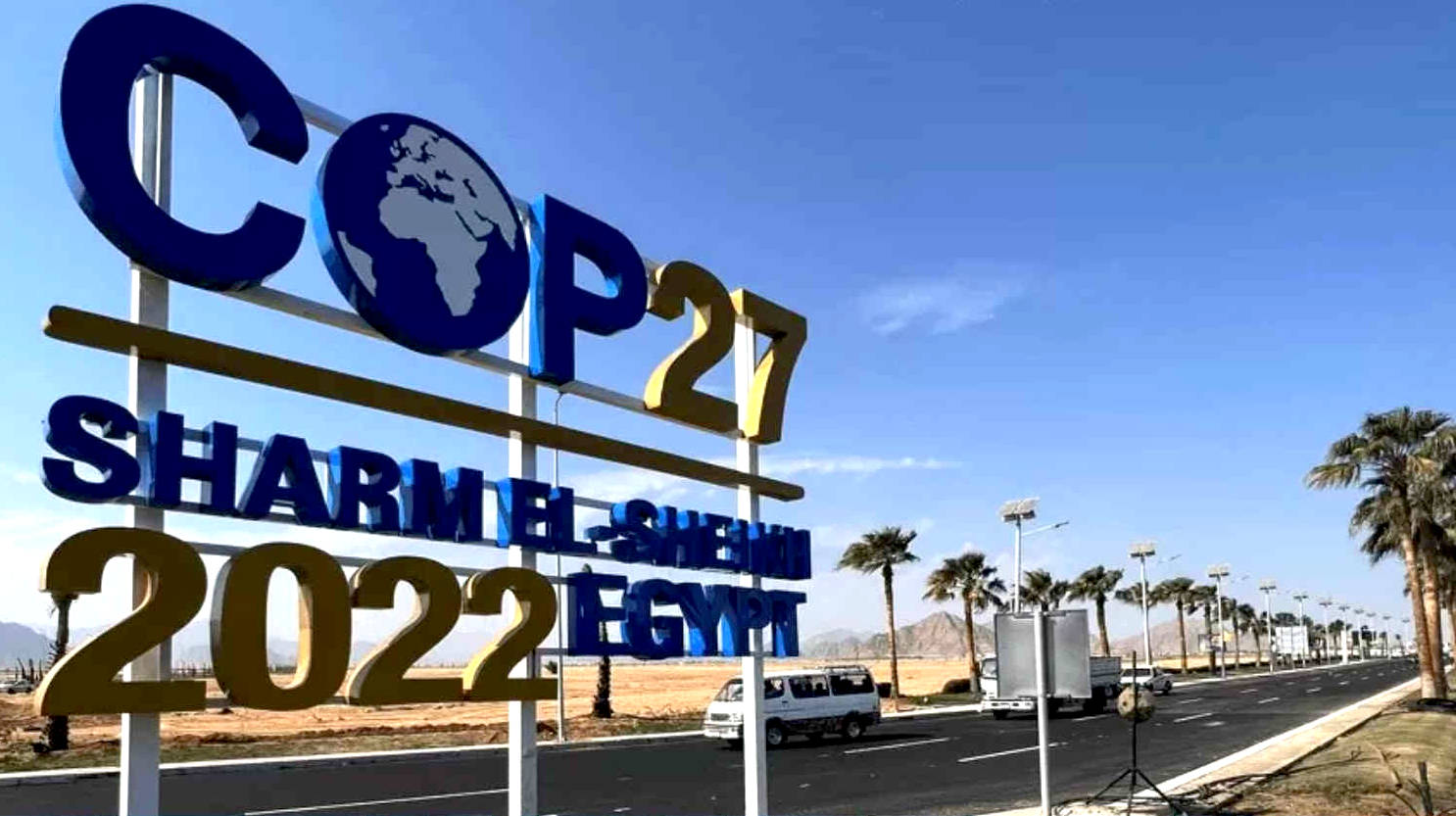
PROMOTING INDUSTRY TRANSPARENCY
The OGDC will operate on the recognition that climate change is “a collective challenge that requires strong and focused action from producers and consumers of energy,” as well as global collaboration to advance the energy transition
“I am committed to both inclusivity and transparency. If we want to accelerate progress across the climate agenda, we must bring everyone in to be accountable and responsible for climate action,” Dr. Al Jaber said of the charter. “We must all focus on reducing emissions and apply a positive can-do vision to drive climate action and get everyone to take action. We need a clear action plan, and I am determined to deliver one,” he added.
EXPERTS TO HELP WITH METHANE EMISSIONS AND FLARING GOALS
OGCI and a group of leading technical experts said they have also teamed up to help oil and gas companies meet their OGDC methane emissions and flaring goals, developing a framework that helps OGDC signatories achieve near-zero methane emissions and eliminate routine flaring by 2030. The group includes the International Association of Oil and Gas Producers (IOGP), Methane Guiding Principles (MGP), and Environmental Defense Fund (EDF), apart from OGCI.
"We intend to consult with OGDC signatories, other organisations, associations, and technical service providers as appropriate (e.g., Ipieca, United Nations Environment Programme, World Bank’s Global Flaring and Methane Reduction trust fund), and our efforts will align to OGDC governance when established," the group said in a statement.
The OGDC was launched as a key initiative under the Global Decarbonisation Accelerator (GDA) at the World Climate Action Summit at COP28. The charter urges the oil and gas sector to achieve net-zero emissions for their own operations by 2050, apart from pledging commitments to achieve near-zero upstream methane emissions and eliminate routine flaring by 2030.

INTERNATIONAL
FINANCIAL MORATORIUM - Why not just cancel all debts, in return for
pledges not to build any more houses, factories, vehicles and vessels,
that are not 100% zero emission. The banks do not need the money - and
it is only paper. They are the drivers of global warming. Just stop the
clock!
You
may think it strange, that the United Arab Emirates has named a veteran technocrat who both leads Abu Dhabi’s state-run oil company and oversees its renewable energy efforts, to preside over the upcoming United Nations climate negotiations in Dubai.
We'd call that a conflict of interests real, rather than imagined.
Incredibly, Emirati authorities nominated Sultan al-Jaber, a confidant of UAE President Sheikh Mohammed bin Zayed Al Nahyan, who serves as CEO of the Abu Dhabi National Oil Co.
Let's hope he can switch between oil interests, and renewable interests
like a Gemini on steroids.
LIST OF SIGNATORIES TO O&DGC
National Oil Companies:
1 ADNOC
2 Bapco Energies
3 Ecopetrol
4 EGAS
5 Equinor
6 GOGC
7 INPEX Corporation
8 KazMunaiGas
9 Mari Petroleum
10 Namcor
11 National Oil Company of Libya
12 Nilepet
13 NNPC
14 OGDC
15 OMV
16 ONGC
17 Pakistan Petroleum Limited (PPL)
18 Pertamina
19 Petoro
20 Petrobras
21 Petroleum Development Oman
22 Petronas
23 PTTEP
24 Saudi Aramco
25 SNOC
26 SOCAR
27 Sonangol
28 Uzbekneftegaz
29 ZhenHua Oil
30 YPF
International Oil Companies:
31 Azule Energy
32 bp
33 Cepsa
34 COSMO Energy
35 Crescent Petroleum
36 Dolphin Energy Limited
37 Energean Oil & Gas
38 Eni
39 EQT Corporation
40 Exxonmobil
41 ITOCHU
42 LUKOIL
43 Mitsui & Co
44 Oando plc
45 Occidental Petroleum
46 Puma Energy (Trafigura)
47 Repsol
48 Shell
49 TotalEnergies
50 Woodside Energy Group

Owning an exotic pet in Dubai has long been a status symbol for wealth in the Middle East. This dates back to when Egyptian and Persian royalties owned big cats as a sign of power. Many well-off folks flaunted possessing a baby
leopard or a
cheetah in their car or boat, even letting them run free on the beach.
In 2017 the United Arab Emirates put up a law banning people from owning these wild animals. Officials were concerned about the dangers of these animals running wild. Anyone involved with the ownership and sale of these exotic animals could face jail time or a $136k fine.
The last Pharaoh Queen of Ancient
Egypt, was known to be very fond of big cats. And so are we. All
life on earth
in fact.
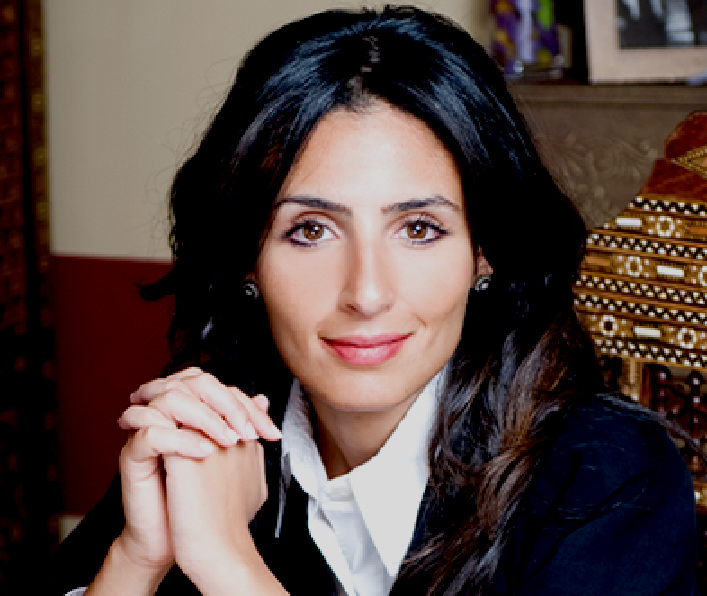
Her Excellency Razan Al Mubarak will serve as the UN Climate Change High-Level Champion with the mandate to strengthen engagement and mobilize efforts from non-state actors, including private sector partners, cities and other sub-national governments, indigenous peoples, and civil society. She is currently the President of the International Union for Conservation of Nature, leading their campaign to preserve the world’s
biodiversity.
The COP28 leadership team will be supported by the entire UAE Government, with Her Excellency Mariam Almheiri, Minister of Climate Change and Environment, continuing to engage in her critical capacity leading the UAE’s domestic efforts in addressing climate change, preserving the environment and food systems
transformation. The appointment of this diverse leadership team for COP28 UAE comes at a pivotal moment, as the world faces increasing climate impact, challenges to
energy
security, food and
water security and reversing biodiversity loss.
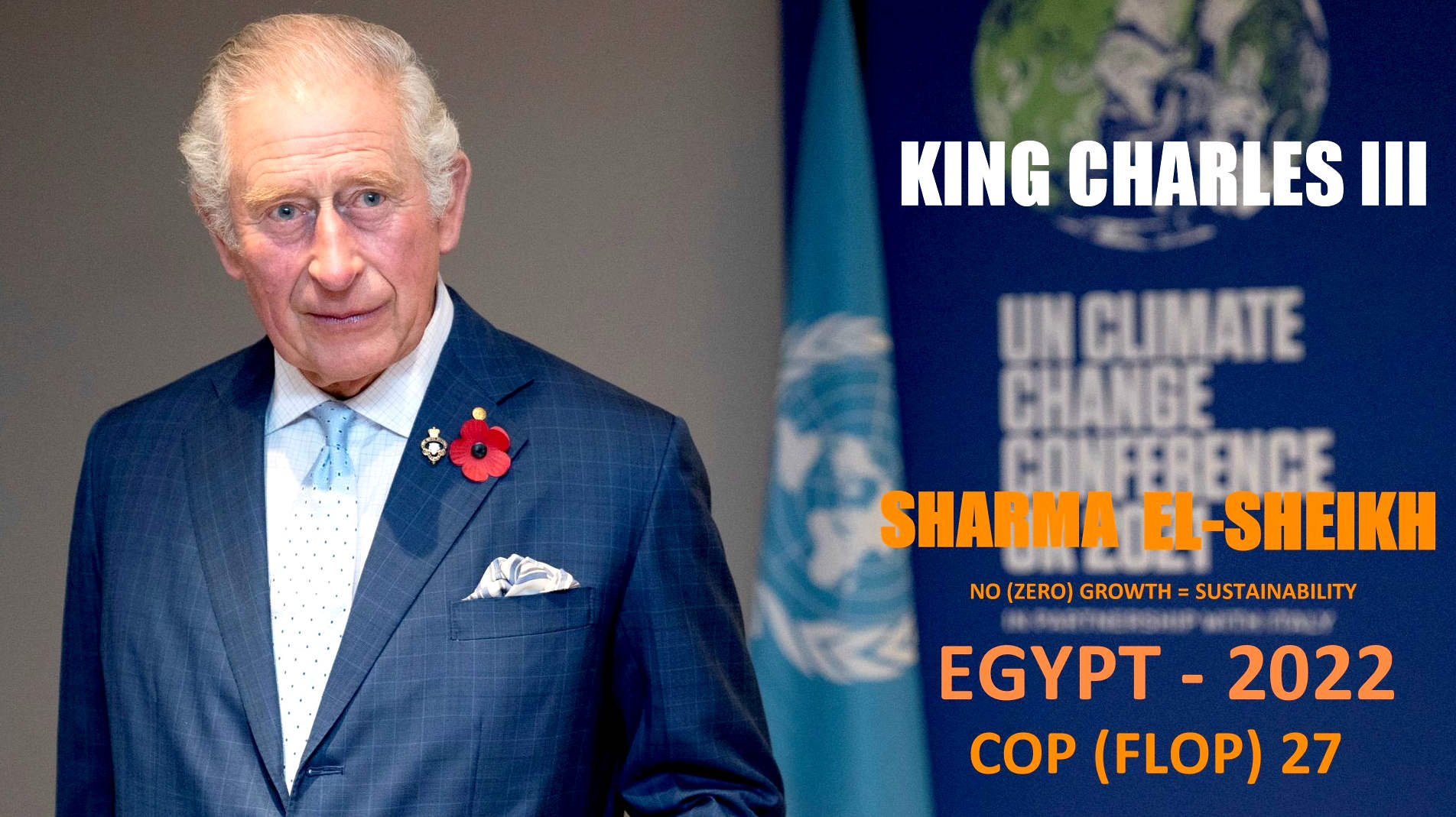
King Charles
III did not attend COP27, but made it to COP28, where his mother Queen
Elizabeth was keen on slowing global
warming. Even showing her irritation as to the slow pace of progress.
RIP
GUARDIAN 29 NOVEMBER 2023 - 'ENOUGH OF ENDLESS DELAYS:' WILL COP 28 FORCE A COURSE CHANGE FOR THE WORLD?
A potential peak in greenhouse gas emissions, methane efforts and climate finance are among the reasons for optimism.
If current growth in renewable energy continues, and if countries take action on cutting greenhouse gases such as methane, then next year could be the year in which greenhouse gas emissions at last reach their peak.
These are big ifs. The finding, from a respected group of scientists, is heavily hedged. Renewable energy rates could falter, fossil fuel companies will continue to seek to expand, and countries may fail to take the action needed.
But if the long-awaited peak can be reached, and if emissions continue to fall in the following years, it would mark a watershed moment for humanity.
Since the industrial revolution, the amount of carbon
dioxide poured into the atmosphere has risen steadily. On only a handful of occasions – the financial crisis of 2008-09, the lockdowns that followed the outbreak of Covid-19, and in more distant years depressions, wars and oil shocks – has the upward march of annually rising emissions reversed, and in all those cases it quickly recovered. In 2022, carbon dioxide emissions rose to their highest ever level, so even if this peak comes about, it will be much higher than hoped.
But the implications of a potential emissions peak for the next global meeting on the climate crisis, the Cop28 UN summit, which begins in Dubai on 30 November, are profound. “This [potential peak] would represent a momentous moment for climate policy,” says Joeri Rogelj, a professor of climate science at Imperial College
London, and co-author of the emissions peak research by Climate Analytics.
It would be unprecedented, welcome – and yet perhaps already too late.
Global temperatures also broke records this year, which we already know will be the hottest ever recorded, perhaps the hottest in 100,000 years. An unprecedented ocean heatwave was described as “gobsmackingly bananas” by one scientist, and several days surpassed the important threshold of 2C above pre-industrial levels.
El Niño conditions started this year that are likely to bring hotter weather in the short term. We will be uncomfortably close to the 1.5C limit governments have committed to, and next year could surpass it. It would need to be sustained over several years to prove the trend, but we are fast nearing the 1.5C threshold, which scientists fear could bring us past tipping points in the climate that may lead to irreversible impacts.
This means a peak in emissions is not enough. According to the Intergovernmental Panel on
Climate
Change, to stay within 1.5C, global emissions must roughly halve this decade, compared with 2010 levels. But the climate responds to the accumulation of carbon in the atmosphere, not the emissions of a single year, so if the peak is in 2024 or later, emissions will have to fall much faster in the remaining years, potentially by about 20% a year. That is a tough proposition.
FOSSIL FUELS AND RENEWABLE ENERGY
As well as the background of rising temperatures and extreme weather, Cop28 also takes place in unpromising geopolitical circumstances with the war in
Ukraine and the conflict in
Israel and Gaza.
And Cop28 takes place in Dubai, in the United Arab Emirates – one of the world’s largest exporters of oil and gas. The man in charge of the summit, Sultan Al Jaber, the minister of advanced technologies in the UAE government, is also chief of its national oil company, Adnoc.
This dual role is a clear conflict of interest, according to campaigners, who have repeatedly asked for him to resign from his Adnoc role. Al Jaber’s response is adamant: he believes his oil industry background is an asset, enabling him to take a more pragmatic role and engage with financiers and company leaders. He told the Guardian: “Never in history has a Cop president confronted the oil industry, let alone the fact that he’s a CEO of an
oil company. Not having oil and gas and high-emitting industries on the same table is not the right thing to do. You need to bring them all. We need to re-imagine this relationship between producers and consumers. We need this integrated approach.”
Adnoc is also planning a massive increase in its production capacity, even though the International Energy Agency has warned that no new oil and gas exploration and development can take place if the world is to remain within the 1.5C limit. An investigation by the Guardian also found that flaring of methane, a powerful greenhouse gas, appears to be taking place frequently at several of the company’s fields.
The UAE told the Guardian that flaring was carried out only for safety reasons. Previously, Al Jaber has said the company’s oil was lower carbon than those of its rivals. He added: “We are a very progressive, advanced energy company. We’ve transformed, we’ve decarbonised, and this came at a cost, but we did it … ensuring that Adnoc is fit for the future.”
Holding a Cop summit in an oil-producing country is not unprecedented. One was held in Qatar just over a decade ago, and many have taken place in countries, such as Canada and the UK, that are fossil fuel producers, though at a smaller scale than the UAE.
And Al Jaber is hoping to lead a “global decarbonisation alliance” at Cop28, which would bring together dozens of oil and gas producers, both private sector and, crucially, some of the world’s nationally owned oil companies (NOCs). NOCs are responsible for about 70% of fossil fuel production around the world, but their operations are frequently opaque. This alliance of
oil
- and gas-producing companies could take major steps on cutting their own emissions, for instance by updating their technology and practices. But this would not be enough – the emissions associated with extracting oil and
gas are tiny compared with the emissions from burning them, meaning companies must seriously address moving away from oil and gas to renewables, or winding down operations altogether.
Some Cop veterans argue that Al Jaber can bring Middle Eastern oil producers to the table in a fruitful engagement. The economist Nicholas Stern said: “I know that Sultan Al Jaber personally takes this very seriously. I am very clear about his personal commitment to building a much cleaner world.” A diplomat from one developed country told the Guardian: “I want him to deliver the oil sector.”
Even Greenpeace voiced qualified support. “Cop28 in the UAE emerges not only as a historical opportunity but also as a stage to demonstrate the UAE diplomatic power,” said Shady Khalil, the regional campaigns lead at Greenpeace MENA (Middle East and North
Africa).
“With the world’s attention focused on the UAE presidency, there lies a unique chance to facilitate a meaningful dialogue and foster commitment among nations … towards climate action.”
Al Jaber says that as well as his Adnoc role, he was also in 2006 the co-founder of Masdar, a renewable energy company, with UAE government backing. At an early stage, Al Jaber also set his sights on a new goal for clean energy at Cop28: to triple global renewable energy capacity. In a speech in February, he said UAE, despite its oil wealth, was embracing a renewable energy future.
“We believe that game-changing solutions can be achieved, if the collective will is there. It certainly is from the UAE. We in the UAE are not shying away from the energy transition. We are running towards it,” he said.
High oil and gas prices have spurred “explosive” growth in wind and solar energy in the past two years, and a tripling of global renewable energy is achievable, according to the analyst company BNEF. But it will require governments to take further action, to remove bottlenecks such as grid connections and capacity, ease supply constraints, and promote a mix of green energy. “Solar is cheap and easy, and the world could triple capacity using solar alone. But leaving other renewables behind wouldn’t be a good outcome for climate impacts,” said Jenny Chase, a solar analyst at BNEF.
A related goal of doubling energy efficiency globally is also likely to be adopted at Cop28, and should be similarly effective. Weaning the world off oil and gas will require the electrification of transport and heating, ramping up
electricity demand, so using power more efficiently is essential.
Increasing renewable energy capacity is one thing; cutting fossil fuel use is another. Currently, around the world, the surge in solar and
wind generation has not been accompanied by much of a fall in coal, oil and gas consumption. Clean energy is being added to existing dirty sources rather than displacing them.
So the biggest fight at Cop28 will probably be over the role of fossil fuels. Although fossil fuels are overwhelmingly the culprits behind rising temperatures, global climate talks have largely skirted the issue since they began in 1992.
That changed in 2021 when the outcome of Cop26 in Glasgow included a reference to phasing down coal for the first time. It was bitterly fought over, but the final outcome was hailed as a major step.
Last year, at Cop27 in Egypt, many countries tried to build on this. At least 80 of the 198 signatories to the Paris agreement pushed for a commitment to phase out fossil fuels. But it was omitted from the final text after pressure from oil-rich nations.
This year, they will try again. Al Jaber has already signalled UAE’s willingness to engage.
“Phasing down fossil fuels is inevitable and it is essential: it’s going to happen,” he said.
But a phase-down is not the same as a phase-out. And some countries also want to insert another qualifier: they want to talk, at most, of a phase-down of “unabated” fossil fuels. This means that, for instance, power plants fitted with carbon capture and storage (CCS) technology could continue to burn gas and coal. CCS, and related technologies called carbon dioxide removal, are currently not used at scale, are extremely expensive, and there may be limits on how much storage is geologically feasible. Scientists forecast only a small role for these technologies in the future.
For some campaigners, a commitment to phase down unabated fossil fuels would be too great a weakening of the commitment. Romain Ioualalen, the global policy manager at Oil Change International, said: “Abatement technologies such as CCS are the fossil fuel industry’s favourite tool to distract from the need for a full phase-out of all fossil fuels. A Cop28 decision that legitimises abatement technologies, and justifies it as a substitute to a full fossil fuel phase-out, risks leading to even more fossil fuel lock-in [and] further climate disaster … We need a full and fast phase-out of all fossil fuels. We have had enough of endless delays.”
Others argue that a strong commitment on fossil fuels must also include provision for a just transition for poor countries – that is, assistance to help them move away from fossil fuels and grow in a low-carbon way, while protecting jobs. Rwanda’s environment minister, Jeanne d’Arc Mujawamariya, said:
“Many developing countries want to make the transition, but need the time and technology to make it a reality.”
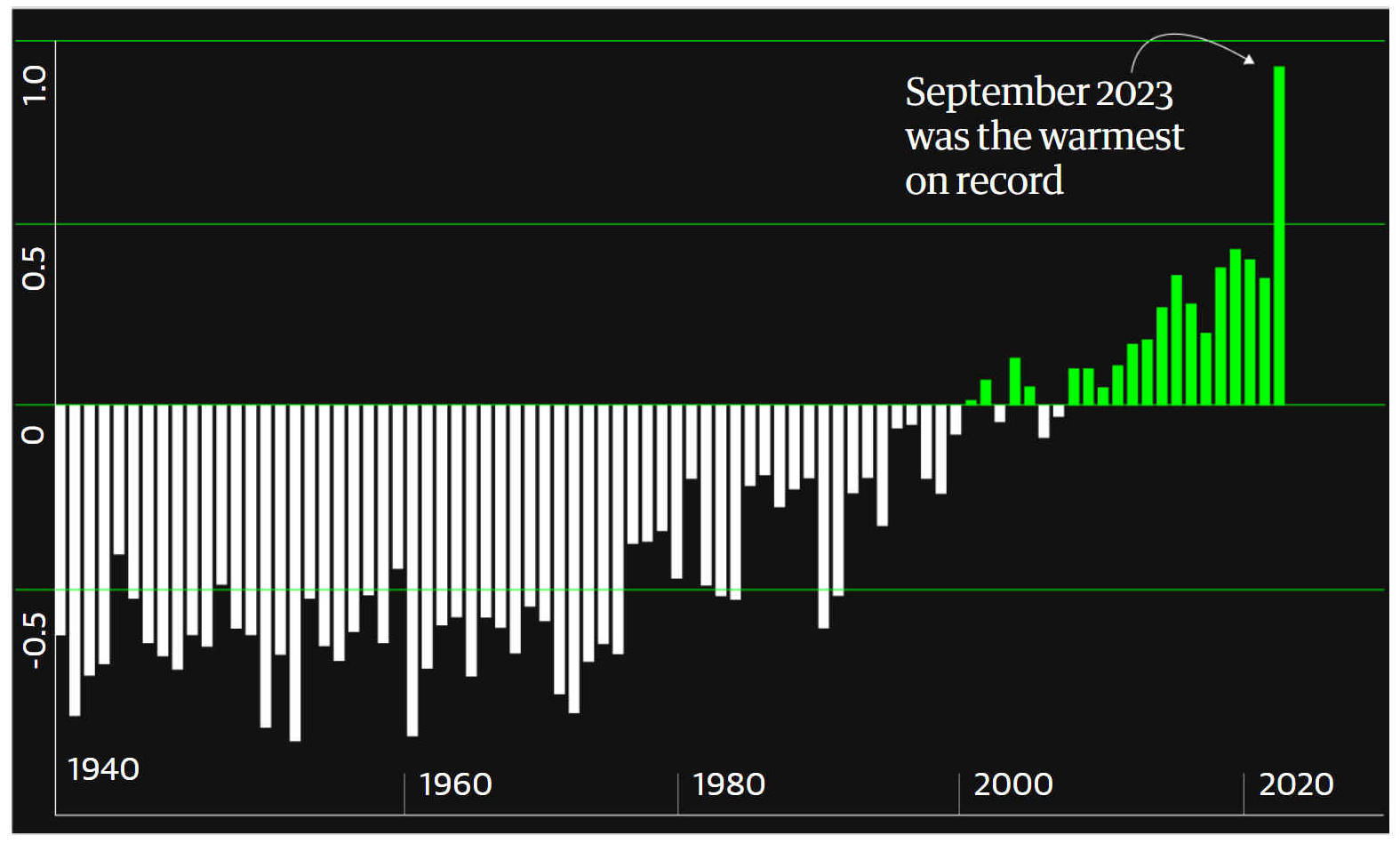
The
rate of temperature rise is way out of control, with countries like
India, increasing
oil production, instead of investing in clean electricity. He may be
banking on the fact this his country is used to higher temperatures, so
may be able to brave the scorched earth that his policies appear to be
creating. India is also addicted to coal, so well and truly satiated
with fossil fools. Sanctions should be applied to his Fordist: Red
Growth tactics. China has been going at it bull-at-a-gate. Also,
teetering on massive default on loans, from crazy property development
schemes. Doomed to fail.
TARGETING
METHANE
In November, the US special envoy for climate, John Kerry, met his counterpart, China’s Xie Zhenhua, for talks at Sunnylands, a diplomatic retreat in California. The two men have long enjoyed a friendly rapport, but relations between their countries have been strained for some time.
The pictures released from the meeting show the pair smiling and relaxed, and Kerry and Xie emerged from the talks with a declaration that, though short on specifics, will brighten the mood between the world’s two most powerful economies when they meet again in Dubai.
China is the world’s biggest source of greenhouse
gases, responsible for more than a quarter of global emissions, and its economy is highly dependent on coal. Under the current five-year economic plan, more new coal-fired power plants are planned. If such a large expansion continues, the rest of the world could cut its emissions to near zero and the global carbon budget would still be exhausted within a decade.
Lauri Myllyvirta, the lead analyst at the Centre for Research on Energy and Clean Air, believes the new plant proposals are a distraction. A rise in renewable energy capacity and changes in the Chinese economy could mean that China’s emissions reach a peak next year, according to his forecasts. “This is because – for the first time – the rate of low-carbon energy expansion is now sufficient not only to meet, but exceed, the average annual increase in China’s demand for electricity overall,” he said. “If this pace is maintained, or accelerated, it would mean that China’s electricity generation from fossil fuels would enter a period of structural decline – which would also be a first. Moreover, this structural decline could come about despite the new wave of coal plant permitting and construction.”
This is not a given. China’s coal interests could rebound, the renewable energy increase could falter, and there are many uncertainties surrounding China’s economic direction, compounded by the lack of transparency in China’s government. But if it happens, it would be another boost to the chances of causing global emissions to peak.
China, after the Sunnylands talks, also made an important change to its emissions plans: for the first time, non-CO2 gases will be included. This is highly significant as China is also a major source of methane, which escapes from
coal-mining operations and agriculture. Methane is a powerful greenhouse gas, with about 80 times the warming impact of carbon dioxide, though it breaks down in the atmosphere far faster, within about 20 years. So methane has the potential to be a clear win for Cop28.
On the first weekend of the Cop28 talks, the UAE will hold a global methane summit.
China, the US, the EU, the UK and more than 100 other countries are expected to take part. They will discuss targets for cutting methane, but also how to implement them quickly.
Because of methane’s potency, cutting it has more impact than reductions of
carbon
dioxide. But emissions of methane are rising fast, partly from oil and gas operations – methane is the main component of natural gas, and it leaks or is flared from fossil fuel extraction operations – and also from agriculture, chiefly animal husbandry. Rapid cuts to methane could reduce global temperature rises by nearly 0.3C, scientists estimate.
This makes methane essential to any hope of staying within 1.5C, believes Durwood Zaelke, the president of the Institute for Governance and Sustainable Development. “Methane is the blowtorch pushing the planet from global warming to global boiling. Turning it off is the best thing we can do for the planet,” he said.
Paul Bledsoe, a professorial lecturer at the centre for environmental policy at the American University in Washington DC, believes Al Jaber could help to bring about significant change.
Saudi Arabia is a longtime ally of UAE, and is supposed to be present at the methane summit. “Saudi Arabia has long been the single worst actor at Cops,” said Bledsoe. “If they agree to take steps on methane, it would be an entirely new departure, the first time they had agreed to do something so positive. This would be a watershed moment.”
1.5C: HOW FAR OFF TRACK ARE WE?
At the core of the Cop28 talks will be an exercise known as the global stocktake, which stipulates that now, and every five years, there should be a comprehensive assessment of the progress – or lack of it – the world has made towards the 2015 Paris agreement. Crucially, the global stocktake will also be forward looking – countries will be required to consider how much further they need to cut their emissions in order to stay within 1.5C.
Christiana Figueres, the former UN climate chief who oversaw the Paris summit in 2015, now co-founder of the Global Optimism thinktank, said the message governments should take from the global stocktake was that the world needed transforming, to shift the economy globally to a low-carbon footing, rather than tinkering at the edges.
“The global stocktake will confirm that we are not on track [to stay within 1.5C],” she said. “We have to change our way of thinking. If we were on track, we could stay with incremental or marginal thinking. But we cannot afford that any more.”
Simon Stiell, the executive secretary of the UN Framework Convention on Climate Change, the top UN official who will oversee the Cop summit along with Al Jaber, said: “We are moving too slowly. But, procedural as it sounds, it will now be an obligation [as a result of the stocktake] on parties to come back with enhanced commitments.”
Major emitters must be held responsible for their high carbon output, historically and today, said Arunabha Ghosh, the head of the Indian thinktank Council on Energy, Environment and Water. “Assigning accountability is crucial, and we must address the lack of progress on pre-2020 commitments. Developed nations must fulfil past obligations before focusing on the future,” he added.
CLIMATE FINANCE STILL THE KEY FOCUS FOR MANY
For poor countries, the key focus of Cop28 is climate finance. Many are already spending a large chunk of their budgets – more than they can spend on education, health or other services – on repairing the damages of the climate crisis. Floods devastated Pakistan last year, causing billions of dollars of harm and leaving 20 million people dependent on aid. Drought in the Horn of Africa, also climate-related, still threatens tens of millions of people with severe hunger.
IN 2009 RICH NATIONS PROMISED POOR NATIONS ANNUAL PAYMENTS OF $100 BILLION - THIS TARGET WAS FINALLY MET FOR THE FIRST TIME THIS YEAR
More than a decade ago, at a Cop in Copenhagen in 2009, rich nations promised that poor countries would receive $100bn a year in climate finance to help them cut emissions and cope with the effects of the climate crisis. Though money did start to flow, it never reached $100bn – in 2020, it stood at about $80bn, well short of the target.
Earlier this month, the Organisation for Economic Co-operation and Development produced a report showing the target was finally being met. Though some in developing countries were concerned at the preliminary nature of the data, and the uncertainties in the analysis, it was broadly taken as a positive sign.
This is only the start, however. The most vulnerable countries are already experiencing consequences from the climate crisis so severe that no amount of adaptation effort could have prevented them. These severe impacts are referred to in the talks as “loss and damage” from the climate crisis, and after more than a decade of talks, finally a fund to address them is to be set up at Cop28.
Countries forged a compromise agreement in November that would require the fund to be hosted by the World Bank, despite the misgivings of developing countries. Funds would be disbursed to the most vulnerable developing countries, with contributions to come from traditional industrialised countries and emerging economies, which could include China and oil-rich Gulf states, including the UAE.
The settlement represented a workable compromise that should be accepted at Cop28, according to Avinash Persaud, an adviser to Mia Mottley, the prime minister of Barbados. “This was a challenging but critical outcome. We now have for the first time an instrument that will operationalise an international fund for grant-based financing of reconstruction, rehabilitation and relocation after extreme weather or slow-onset events. This is an important step forward and will bring positive momentum to other climate actions.”
There are many ideas for funding a loss and damage facility, including: a levy on shipping; a windfall tax on oil and gas companies’ bumper profits; a levy on frequent flyers; and contributions from the sale of carbon offsets.
Eamon Ryan, Ireland’s environment minister, who leads on loss and damage for the EU, said any of these were likely to require years of work to be fully up and running, but that
Cop28 could make a start. “We need a mosaic of different types of finance,” he said. “If we can get nearly 200 countries at Cop28 to agree a direction, a principle, that will be an important step.”
Although the $100bn is now set to be delivered, the amount the poorest countries receive to help them adapt to the impacts of extreme weather is likely to remain a small proportion. This is a longstanding grievance. Macky Sall, the president of Senegal, said: “In Africa, we are already losing up to 15% of our GDP growth a year to the destructive forces of climate change – a problem we did not cause and we are powerless to stop … We now have a very narrow window to put coping mechanisms in place but with the right support we can build a stronger and greener future for the continent. It is urgent that all countries make good on climate funding pledges.”
Patrick Verkooijen, the chief executive of the Global Centre on Adaptation, said: “The reality is that current levels of climate finance are not only too small, they are also distributed unevenly and inefficiently. Creditors must realise there is also a ‘win-win’ opportunity to restructure debt to drive towards a more prosperous future.”
Harjeet Singh, the head of global political strategy at Climate Action Network International, said far too much of the finance was still coming in the form of loans, adding to the debt burden of developing countries, instead of the grants that are needed. He said: “While developing countries are pressed to ramp up their emission reduction efforts, they are deprived of substantial and genuine assistance. This ‘support’ mostly comes in the form of loans, exacerbating financial disparities. In a stark contradiction, rich countries continue their heavy investments in fossil fuel expansion, the root cause of the climate crisis. This paradox underscores the gross injustice at the heart of global climate policy.”
According to research by the economist Vera Songwe and Lord Stern, published at Cop27, above and beyond these existing commitments more than $2tn (£1.6tn) a year will be needed for developing countries, to set them on a low-carbon development path, to adapt to the likely changes in the climate, and repair the damages of extreme weather.
Trillions sounds like a lot of money, but the economist Mariana Mazzucato says companies already invest trillions around the world, only most of it goes into high-carbon activities or dirty energy and infrastructure. “There’s so much finance out there. There is no finance gap, no lack of finance. We just aren’t directing it in the right way,” she says.
ARE COUNTRIES READY TO GO FURTHER THAN EVER BEFORE?
Will progress on these key fronts – fossil fuels, renewable energy, methane and climate finance – make a substantial difference to the climate crisis?
The problem is that they are not enough to change the destructive course the world is still on. Renewable energy is vital, but it must displace fossil fuels, rather than be used alongside them. Forecasts that emissions will peak next year are contingent on so many factors, and in any case are only the beginning – the peak must be followed by reductions in emissions far steeper than have ever been made before in human history, if the frightening weather seen this year is not to be followed by a far worse future.
Deep and urgent cuts in greenhouse gas emissions from all the G20 countries are the only actions that will make the “course correction” the UAE hosts have called for. To hold true to the 1.5C limit, the “north star” of these negotiations as Al Jaber has called it, all nations – particularly the fossil fuel producers - will have to come to Dubai prepared to go much further than any have ever done before.
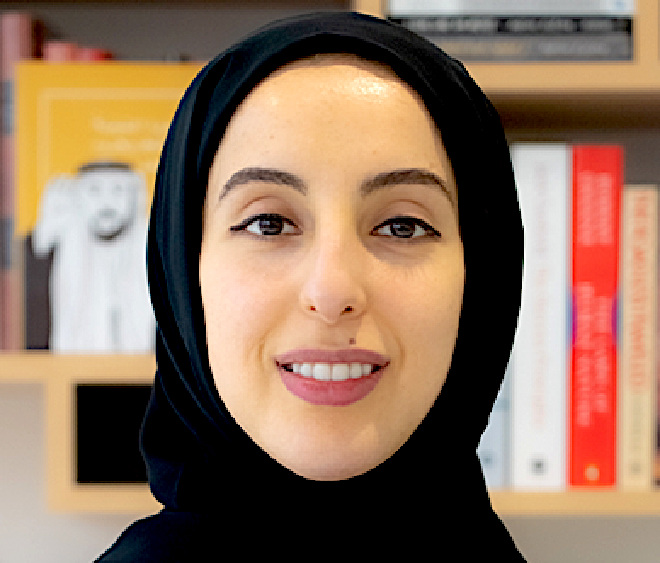
Her Excellency Shamma Al Mazrui will serve as the Youth Climate Champion, a new role designed to elevate the global youth voice throughout the COP process and ensure young people’s skills and abilities are prioritized. She is currently the UAE’s Minister of State for Youth Affairs, where she focuses on youth empowerment and capacity
development. H.E. Al Mazrui is also the Vice Chair of the Arab Youth Center, the Secretary General of the Education and Human Resources Council, Chairperson for Special Olympics UAE, and President of the National Center for Education Quality.
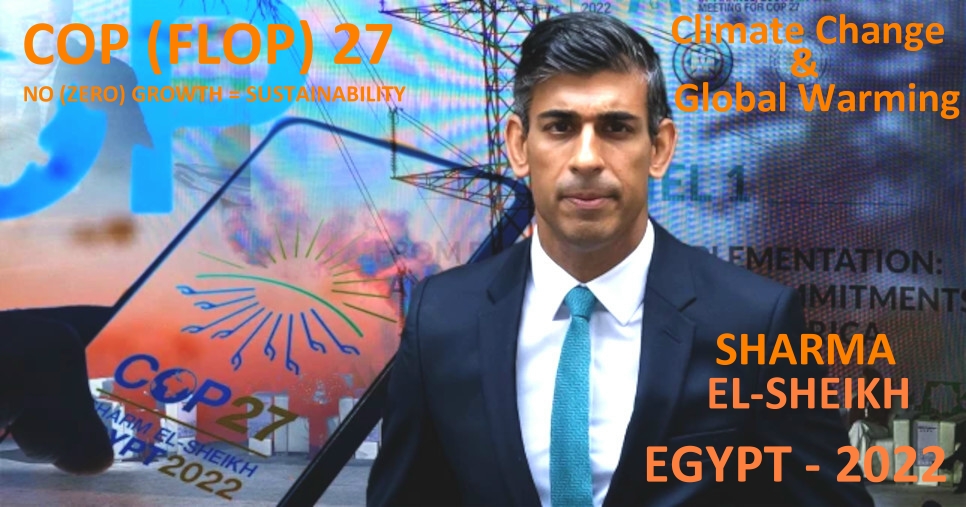
Politicians
promoting growth are somewhat behind the curve. We reached saturation
point many years ago. The planet cannot sustain growth, even turbo
charged with chemical fertilizers. Such agricultural practices, designed
to boost harvests to feed the starving millions, creates deserts of agricultural
land and washes nutrients into the sea, where it manifests as sargassum
blooms - creating havoc for island economies.
CONTACTS
Sharm El-Sheikh International Convention Center (SHICC)
EL Salam Road,Um Marikha Bay, South Sinai Governorate
Tel: +20 (69) 360 4110
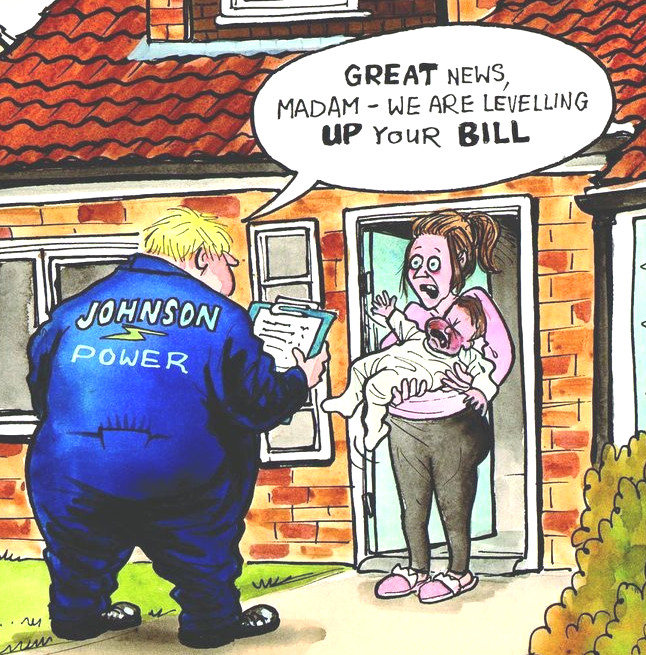
BANKRUPT
UK - Boris
Johnson's Government was corrupt to the core,
forcing Bojo to resign for lying to Parliament about his Covid19 parties at No 10 Downing Street, rampant inflation and campaign deception at the
outset, including deceiving Queen Elizabeth. Who should properly have
sacked him to save the nation from yet more irresponsible borrowing. The UK is in debt to the tune of £2.4 trillion pounds, on a trajectory
to bankruptcy. Unfortunately, replacement Conservative Prime Minister Rishi Sunack
is not popular after failing to live up to his promises, backed by Chancellor
Jeremy Hunt, they appear to be feathering their own nests and those
of industrialist supporters with recent legislation to benefit the rich.
Allegedly! Also, still granting oil drilling rights in the North
Sea.
THE
DIRTIEST DOZEN - IN ORDER OF CO2, METHANE GLOBAL % VOLUME
& COAL FIRED INSANITY
|
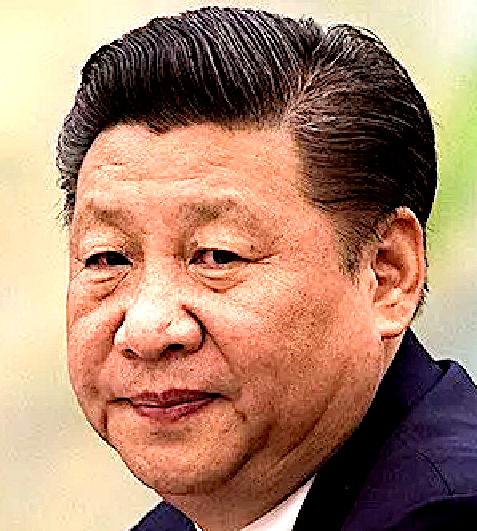
Chinese
President
Xi
Jinping
|
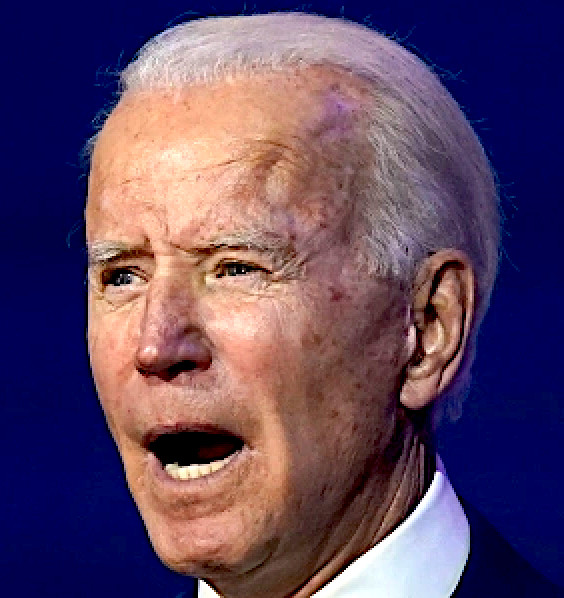
US
President
Joe
Biden
|
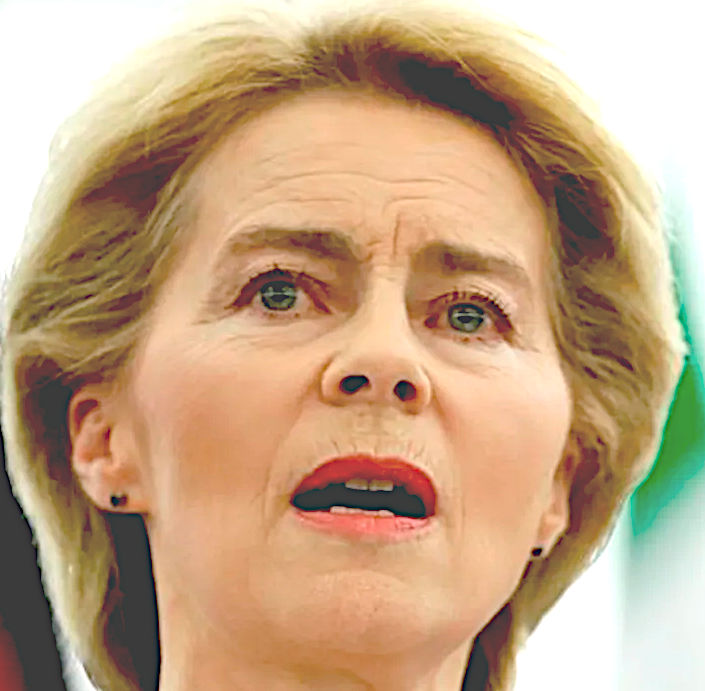
EU
President
Ursula
von der Leyen
|
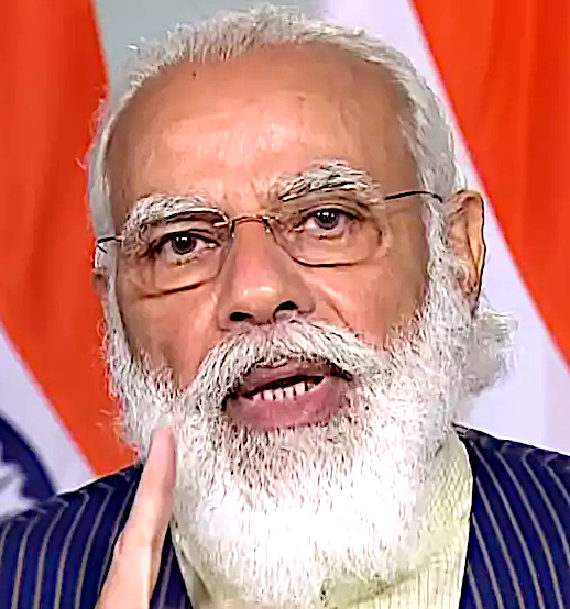
Indian
PM (Russian Ally?)
Narendra
Modi
|
|
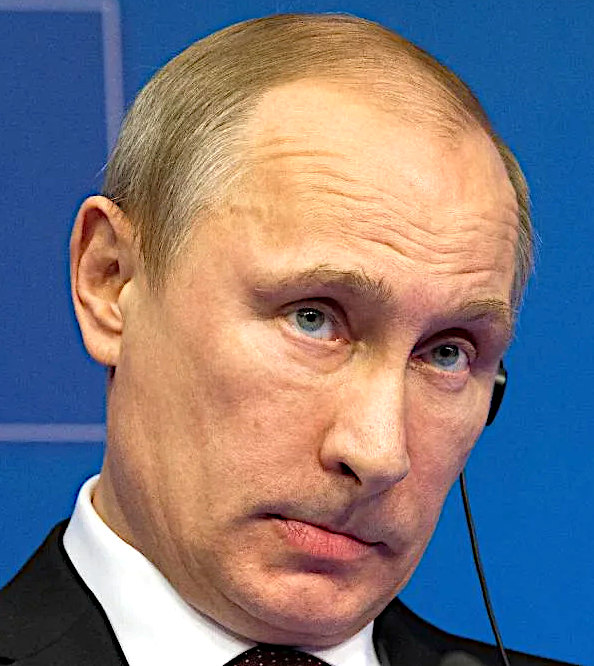
Vladimir
Putin (War Criminal)
Russian
PM
|
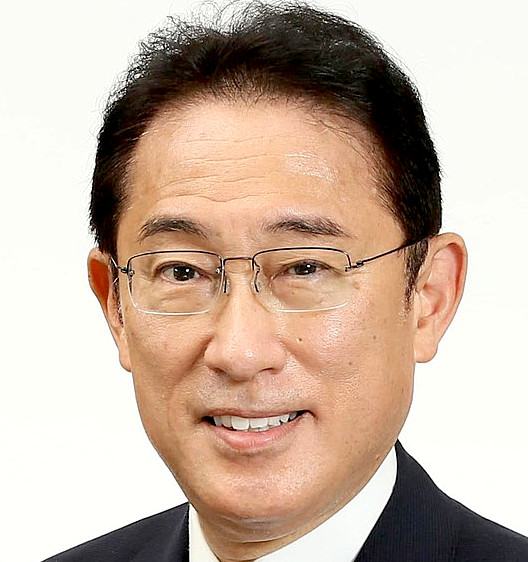
Japanese
PM
Fumio Kishida
|
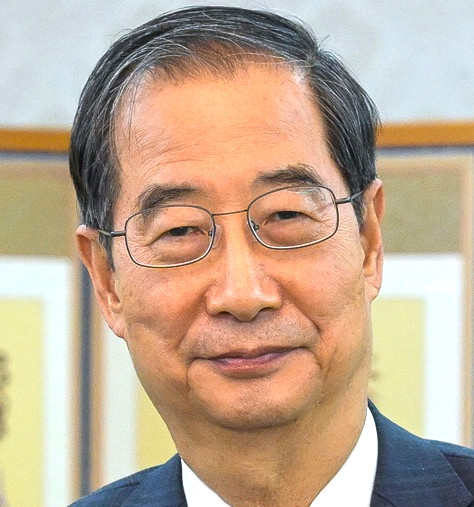
Han
Duck-soo
South
Korean PM
|
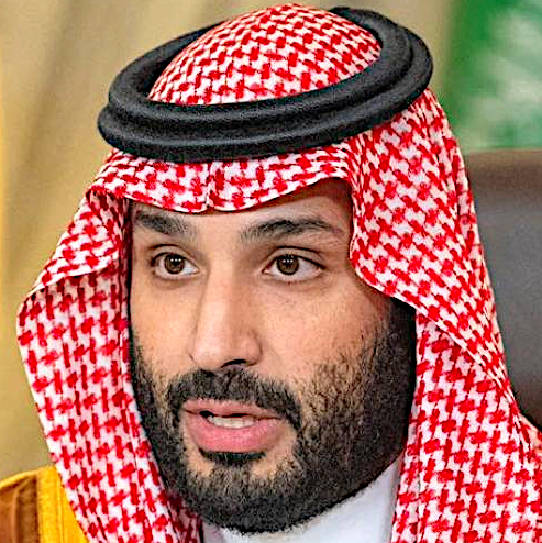
Mohammed bin Salman
Saudi
Arabian Crown Prince
|
|
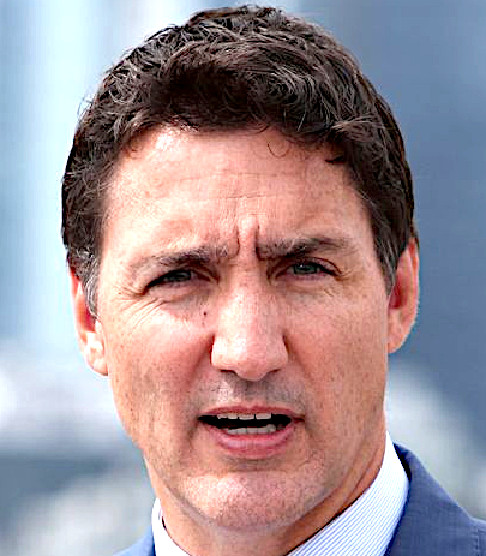
Justin
Trudeau
Canadian
PM
|
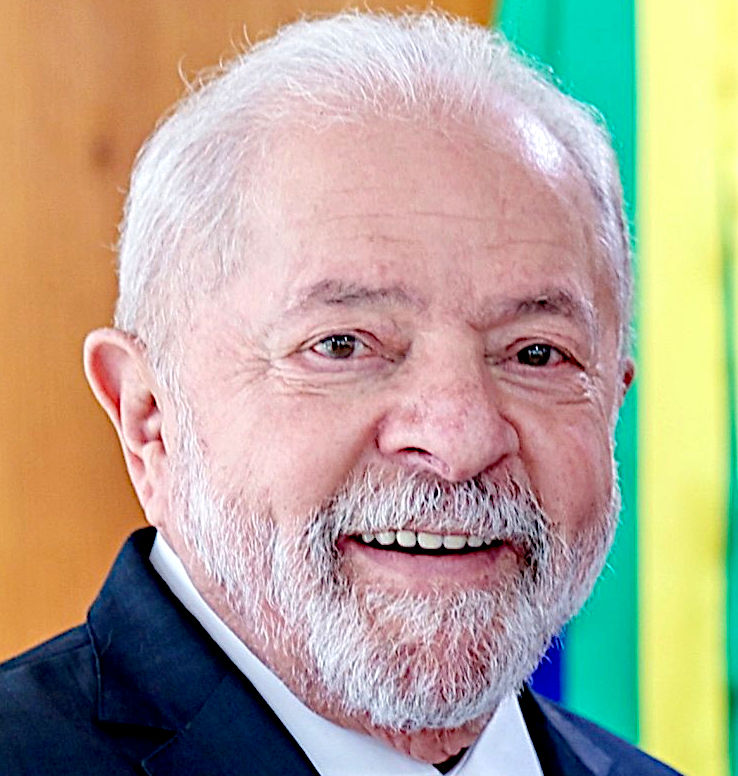
Luiz Inácio Lula da Silva
Brazilian
PM
|
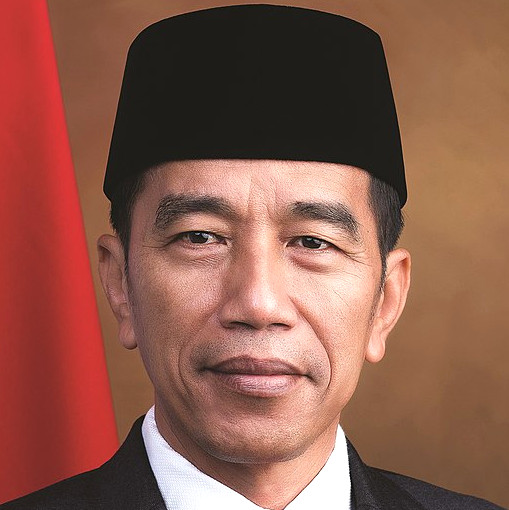
Joko Widodo
Indonesian
President
|
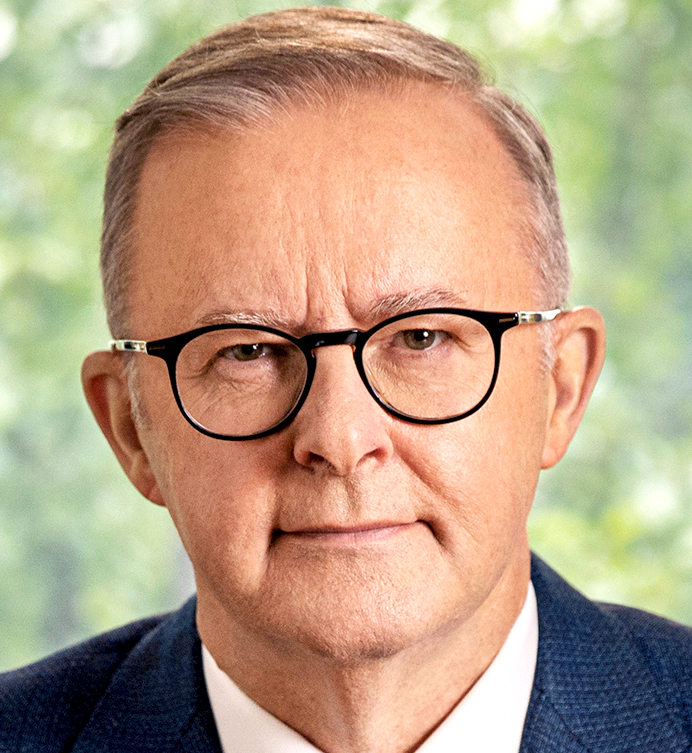
Anthony
Albanese
Australian
PM
|
1995 COP
1,
BERLIN, GERMANY
1996 COP
2, GENEVA, SWITZERLAND
1997 COP
3, KYOTO, JAPAN
1998 COP
4, BUENOS AIRES, ARGENTINA
1999 COP
5, BONN, GERMANY
2000:COP
6, THE HAGUE, NETHERLANDS
2001 COP
7, MARRAKECH, MOROCCO
2002 COP
8, NEW DELHI, INDIA
2003 COP
9, MILAN, ITALY
2004 COP
10, BUENOS AIRES, ARGENTINA
2005 COP
11/CMP 1, MONTREAL, CANADA
2006 COP
12/CMP 2, NAIROBI, KENYA
2007 COP
13/CMP 3, BALI, INDONESIA
2008 COP
14/CMP 4, POZNAN, POLAND
2009
COP 15/CMP 5, COPENHAGEN, DENMARK
2010 COP
16/CMP 6, CANCUN, MEXICO
2011 COP
17/CMP 7, DURBAN, SOUTH AFRICA
2012 COP
18/CMP 8, DOHA, QATAR
2013 COP
19/CMP 9, WARSAW, POLAND
2014 COP
20/CMP 10, LIMA, PERU
2015 COP
21/CMP 11, Paris, France
2016 COP
22/CMP 12/CMA 1, Marrakech, Morocco
2017 COP
23/CMP 13/CMA 2, Bonn, Germany
2018 COP
24/CMP 14/CMA 3, Katowice, Poland
2019 COP
25/CMP 15/CMA 4, Santiago, Chile
2020
COP 26/CMP 16/CMA 5, Glasgow, Scotland
2021
COP 26/ Glasgow, Scotland 1-12 November
2022
COP 27/ Sharm El-Sheikh, Egypt, 6-18 November
2023
COP 28/ Expo City, Dubai, UAE, 30 Nov - 12 Dec
2024
COP 29/ Absheron, Baku, Azerbaijan 11 - 24 November
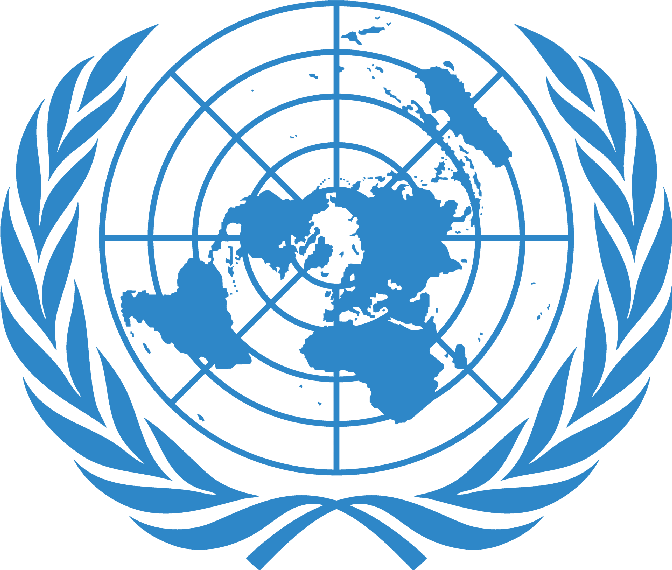
CONTACTS
Floor 3
2 America Square,
London EC3N 2LU
United Kingdom
TEL: +44 (0)20 7871 0173
FAX: +44 (0)20 7871 0101
e-mail: secretariat@unfccc.int
www: https://unfccc.int/calendar/events-list
https://www.theguardian.com/environment/ng-interactive/2023/nov/29/cop28-what-could-climate-conference-achieve
https://www.energyconnects.com/opinion/features/2023/december/landmark-oil-gas-decarbonisation-charter-launched-at-cop28-to-accelerate-climate-action/
|



















